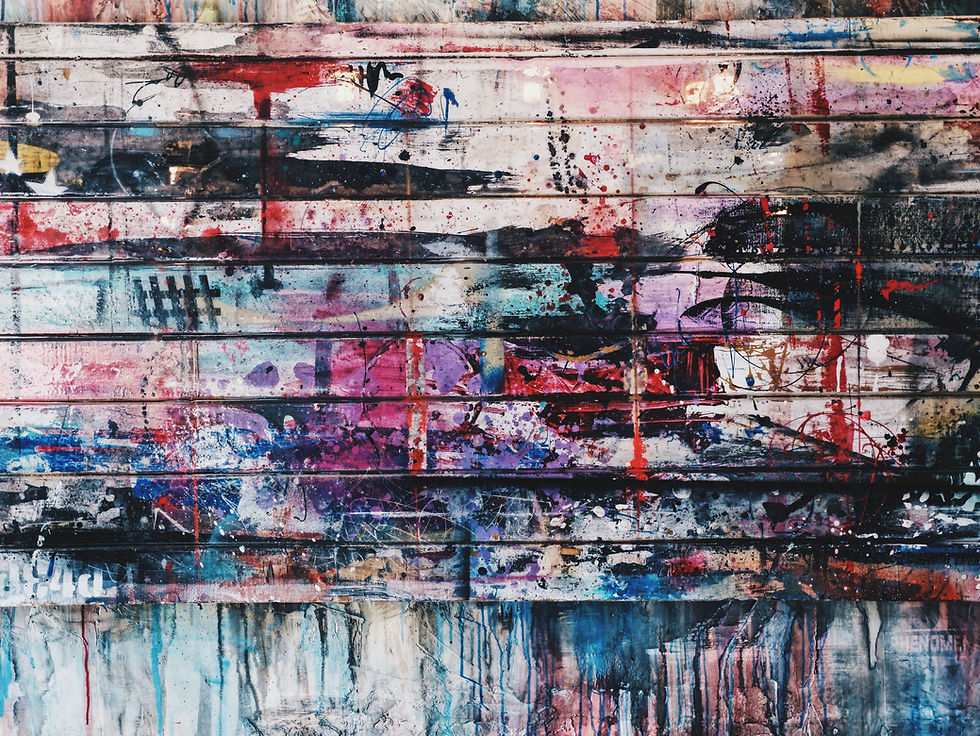
Image by Patrick Tomas's via Unsplash
September rushed by in a blur of activities. While on vacation in August, my computer sat, forgotten in my backpack, while my "to do" list remained untouched. It was a nice time to be fully present with myself and my family, so I forgave myself for not writing the blog by the first of September. I returned home and began carting my computer to my daughter's activities. It stubbornly remained tucked away while I chatted with other parents and made some neat new connections. I was haunted by my high school piano teacher’s words "great musicians are not made chatting in the hallway." This phrase nagged me in the hallways of music school and sticks with me to this day, although the older I get, the more I appreciate the balance. Nurturing and fostering relationships is equally important as achieving and getting ahead in the mad rush of life. Anyhow, I hope you enjoy this piece, Mad Rush by Philip Glass. I thought it was fitting for the month of September as we transition from summer to fall.
Mad Rush-
The first rendition of Mad Rush was written for the organ by Philip Glass in celebration of the Dalai Lama’s first US public address in 1979, which was held at the cathedral of St. John the Divine in New York City. It was composed to be performed at an indefinite length, since no one knew exactly when the Dalai Lama would arrive. Later, it was transcribed for piano and used to accompany a ballet by Lucinda Childs. The piece took on the ballet’s title, Mad Rush.
Philip Glass-
Philip Glass, b.1937, is an avant-garde composer. When Glass was young he worked in his father’s radio store and discovered music by listening to the unusual Western classical records that customers did not seem to want. He studied flute and violin and studied mathematics and philosophy at the University of Chicago. He later attended the Juilliard School in New York. In New York City, he drove a cab and began to study composition with Darius Milhaud. When he was 23, he moved to Paris to study under Nadia Boulanger, a legendary composition teacher who taught almost all of the Western classical composers of the 20th century. In Paris, he discovered Indian classical music while transcribing the works of Ravi Shankar for a French film maker. This was a turning point for Glass. Soon after, he began to research other non-Western music and applied those techniques to his own compositions. Although called a minimalist, he denies this categorization. At one point, his compositions were so avant-garde that he formed the Philip Glass Ensemble in order to give them a venue for performance. His work was performed at the Atlanta Olympic Games in 1996 and has appeared in numerous soundtracks - The Hours, Kundun, Notes on a Scandal, to name a few. Other major works include the opera Einstein on the Beach, pieces for dance along with a large collection of piano music. Glass remains one of the most important American composers alive today.
“Openings and closings, beginnings and endings. Everything in between passes as quickly as the blink of an eye. An eternity precedes the opening and another, if not the same, follows the closing. Somehow everything that lies in between seems for a moment more vivid. What is real to us becomes forgotten, and what we don’t understand will be forgotten, too.” - Philip Glass
Just for fun-
For further reference-

Comments